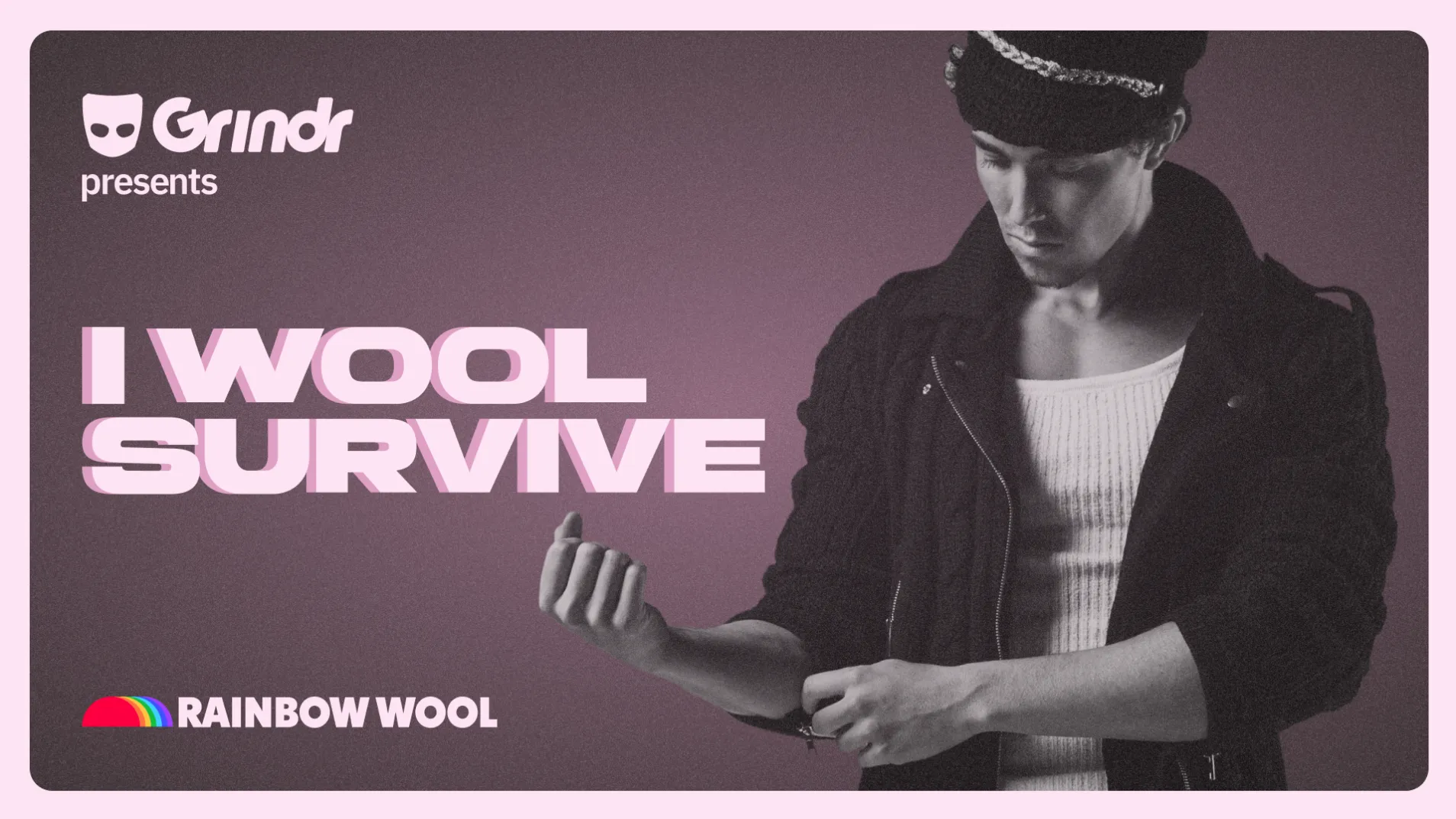Emotional Cheating: Understanding Emotional Infidelity

It’s been a long day at work. Your feet hurt, there’s nothing in the fridge, and you can’t wait to take off your clothes and sit on your phone for a few hours. Typically, this is when your partner would come in and ask how your day went. And sure, you might shoo him away on a day like this so you can have some space.
But he isn’t home. You check your phone and see he’s out to dinner with his friend from work. Again. You’re secure in your relationship for the most part, but you can’t help feeling neglected ever since your partner started spending time with this new person.
Is he cheating on you? Your partner said he isn’t having sex with this new friend, and you believe him. So why does it still feel so bad?
You could be the victim — and inadvertently the cause — of emotional cheating. We aren’t playing the blame game here; grown adults in a relationship should talk to each other when their romantic needs aren’t met. But it’s rarely that simple. No matter whose fault it is, it’s both parties’ responsibility to fix it.
What is emotional cheating?
Emotional cheating is when a person develops a close emotional bond with someone outside their relationship, and this bond begins to replace their romantic connection. It might look like friendship, but the vibes won’t feel “friendly.” An emotionally unfaithful partner may go to this other person for comfort when they’d normally rely on their partner. They may be secretive about communication with the person they’re emotionally cheating with.
“At least they’re not having sex. What’s the big deal if it’s just some conversation and quality time?” You might be right. Depending on the person, having sex with someone else is where they draw the line — staying up all night texting flirtatiously with some random person at the office doesn’t phase them.
But if your relationship feels unstable or your partner is growing distant, the knowledge that they’re deepening other emotional connections stings in a completely different way than physical infidelity.
If you notice signs of emotional cheating in your relationship, talk with your partner (or partners). Otherwise, you may both grow apart. Eventually, you may cross a point of no return, where neglect, insecurity, and resentment control your relationship.
Emotional cheating vs. friendship
Friendships are meant to be deep and meaningful. So, how does that differ from emotional cheating?
There’s typically a line that friendships don’t cross. Friendships are rooted in platonic love and respect for boundaries. People also don’t normally hide their friendships from their partner unless they have a reason to. If you’re passing up your partner and secretly going to a “friend” for emotional fulfillment (and even outright flirtation), that’s emotional cheating.
Emotional cheating vs. micro-cheating
Micro-cheating is a collection of tiny behaviors that signal someone isn’t emotionally invested in their relationship. Maybe he always hits on the waiter at restaurants or leaves horny comments on others’ Instagram posts.
Ideally, someone will recognize these as bright red flags and put the kibosh on them before emotional or physical cheating inevitably occurs. Flirty texts and secretive social media conversations don’t necessarily mean you upgrade to a suite at the Heartbreak Hotel. But you’ve definitely been handed the brochure.
{{video-inline-cta}}
Emotional cheating signs
How do you know if your partner is emotionally cheating? What if you suspect you might be emotionally unfaithful yourself? Here’s what to look for:
- Acting secretive or strange when using the phone or computer
- Withholding feelings or experiences you’d typically share with each other
- Spending excessive time chatting with someone else (in person, on the phone, through social media, or even on gaming platforms)
- Feeling emotionally distant
- Outright flirting with someone else
- Noticing a shift in priorities to another person
- Hiding or downplaying a friendship that feels too close for comfort
What causes emotional infidelity?
How can a healthy relationship go so awry that you stop sharing thoughts and feelings? There are a few obvious and not-so-obvious ways a romance can become the perfect petri dish for the fuzzy fungus of infidelity to grow.
- Lack of emotional fulfillment: Emotional infidelity often occurs when someone’s needs aren’t being met. Maybe they don’t feel validated. Then, they meet someone who offers the emotional availability they’ve been looking for.
- Poor communication: Infrequent or disrespectful communication can lead to a laundry list of relationship problems. Eventually, one or both parties will look for someone else to share their feelings and thoughts with.
- Loneliness or isolation: Have you ever felt lonely even though you’re literally in the room with your partner? This feeling is a bad omen in a committed relationship. Combat it by prioritizing quality time and checking in with each other to ensure everyone feels emotionally supported.
- Unresolved issues: Resentment about previous arguments or conversations might push someone to consult an outside party. They might decide this new person is easier to talk to, furthering the divide and leading to emotional infidelity.
What do these causes have in common? They all result from poor communication.
Most of these problems disappear if you just sit down and hash things out. The sooner you get comfortable talking about intimate and emotional topics, the faster you and your partner will feel your emotional needs being met. Suddenly, Becky with the good care will seem a lot less appealing.
If honesty and vulnerability don’t do it, that might be your sign to pack it up. You can’t fix a relationship if your partner doesn’t want to. You can only work on healing yourself.
How to heal from an emotional affair
Weathering an emotional affair isn’t easy, but it’s possible — and you can even salvage the relationship in the process.
If you’re emotionally cheating…
- Stop the affair: This should be evident, but the healing can’t start if the hurting doesn’t stop. End your connection with the other person, even if it means cutting off communication — at least temporarily — while you sort things out with your partner.
- Rebuild: Talk with your partner. Be honest about what happened and how you feel. This is the only way you can work together to rebuild a connection. This might be a long process. Be ready if your partner isn’t interested due to your breach of trust.
- Make good on promises: If rebuilding involves carving out time to sit down with your partner and share, you better show up. Prove they can trust you by keeping your word.
If your partner is emotionally cheating…
- Talk about your feelings: Tell them how their actions made you feel. Help them understand the pain of being with someone who doesn’t want to share with them. Ask for their perspective, too, and try not to judge. There’s room in this conversation to vent, but it’s also meant to kick-start another conversation — the one about how both parties can make things right again.
- Do some self-reflection: Nobody deserves to be hurt, and you aren’t responsible for their actions. However, relationships are a two-way street. You can’t fully heal from emotional cheating if you don’t take a step back and find out where things went wrong. Blaming the other person for everything only breeds more resentment, which blocks any chances of healing or reconnection.
- Seek professional help: An emotional affair can be just as devastating as a sexual one. It’s okay to reach out for help from a therapist. Solo sessions will help you process your emotions, and couples counseling can promote productive conversations.
Betrayal? Or a sign of unmet emotional needs?
Cheating is a breach of trust — full stop. Still, it’s sometimes worth exploring the cause of emotional infidelity. What is your partner getting from someone else? Why aren’t they coming to you?
Discovering an emotional affair sucks. So does finding yourself in one. It raises tough questions about whether your relationship is salvageable. Ultimately, you need to look inside yourself and figure out what you truly want from your partner — even if it’s a clean break.
And when you’re ready to get back in the saddle, you can check out Grindr. Download the Grindr app to find the partner of your dreams.










.jpg)


.jpg)
.jpg)











